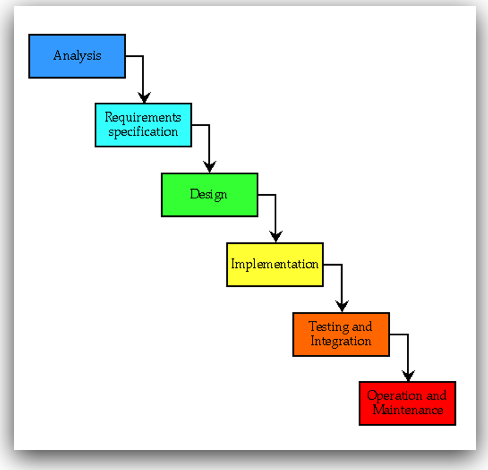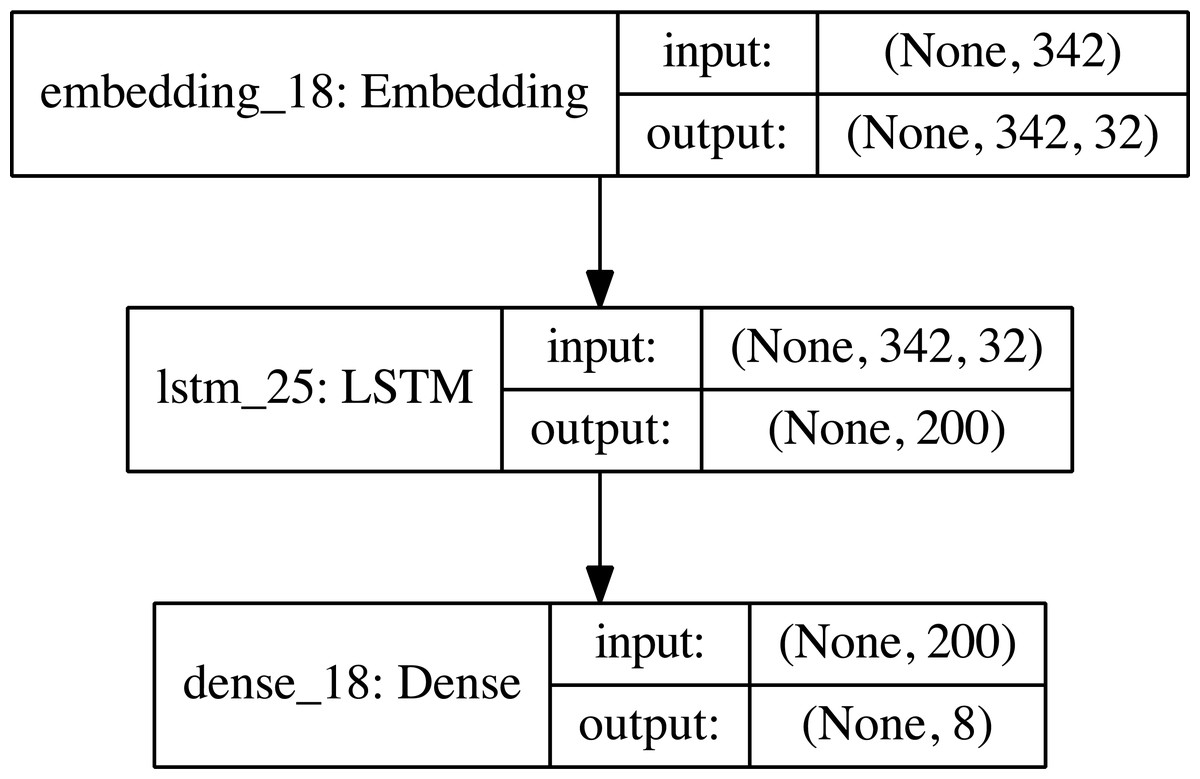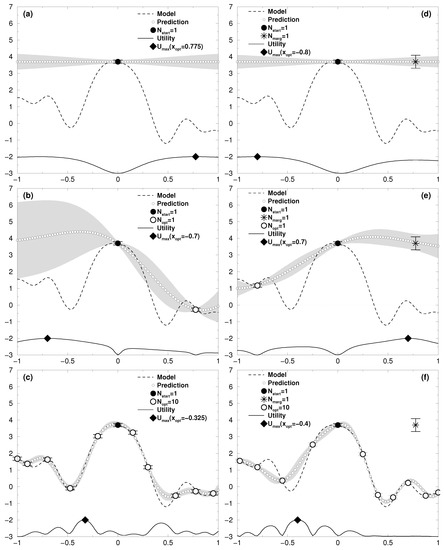

Moreover, study a sequential estimation problem for a Wiener process in the same set-up.

In, a hypothesis testing problem for a case with three possible drifts is examined, and in a composite hypothesis problem for the drift of a Wiener process is studied with a general prior distribution. set-ups where the unknown parameters can take only two possible values. studies Wiener sequential testing in a multi-dimensional set-up.Īll these papers study simple hypotheses, i.e. studies a setting with combined learning from several Brownian motions and compound Poisson processes, and To mention a few, studies a version with finite horizon, More recent literature has focused on different variants of these continuous-time problems. , and )Īnd deriving bounds for the stopping boundaries. In the case of sequential composite hypothesis testing, explicit solutions are rare, and a main focus in this literature is on deriving asymptotics of the problem as the cost of observation tends to zero, as well as asymptotically optimal solutions (e.g.

#Sequential testing point process series#
, a problem with composite hypotheses was studied in continuous time and for a normal prior distribution, with a ’0-1’ loss function for wrong decisions (as in ( 1)), and in a series of papers (see and the references therein), Chernoff studied the same problem but with linear penalty functions. solved the corresponding sequential testing problem of determining an unknown intensity of a Poisson process. Another strand of literature has focused on continuous time approximations of sequential testing problems and their connections with free boundary problems.įor the sequential testing of two simple hypotheses, solved the problem of determining the unknown drift


 0 kommentar(er)
0 kommentar(er)
